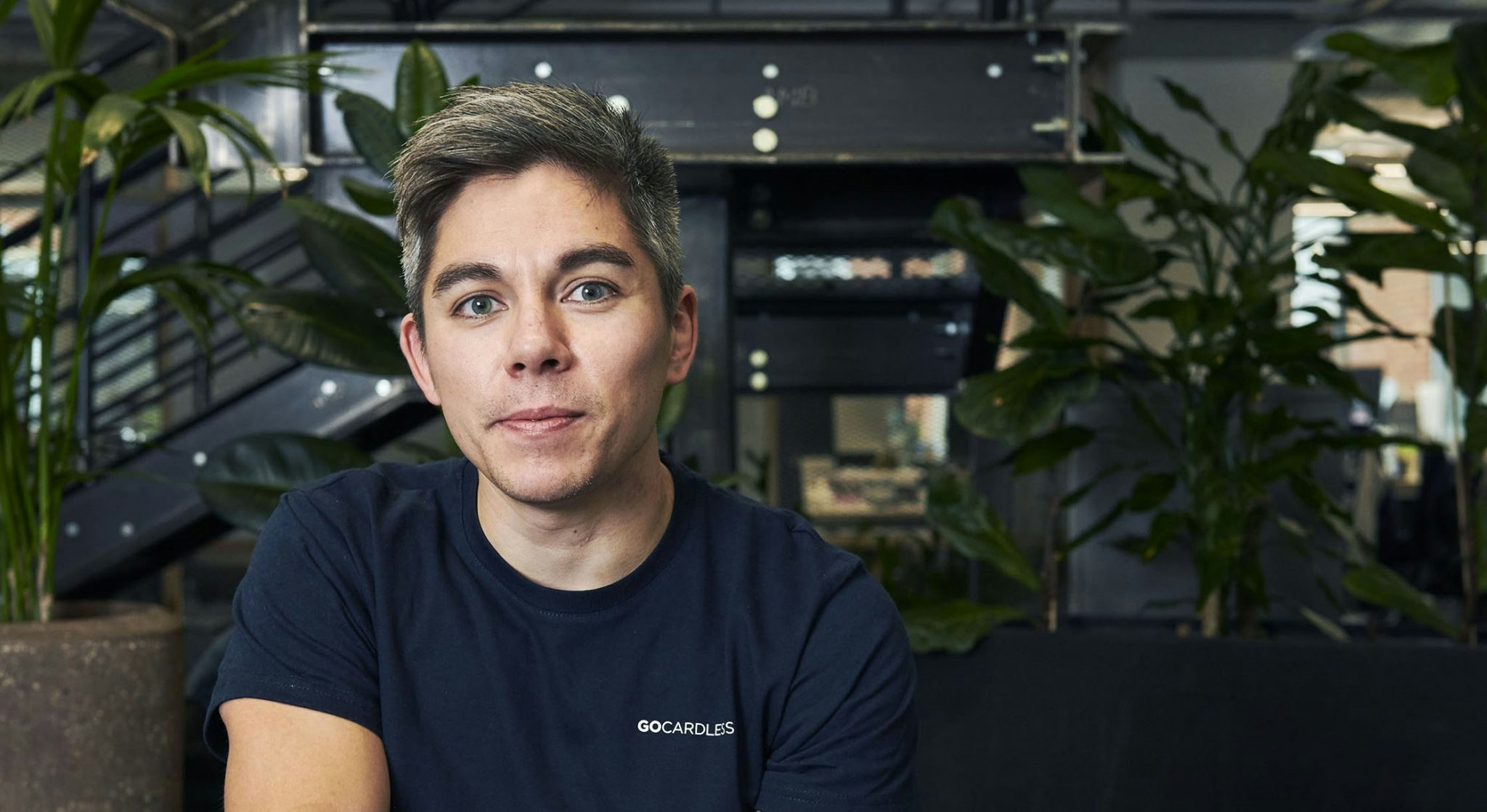The Scandinavian bank Nordea has finally found a way to challenge the fintech startup Klarna when it comes to helping shoppers spend money they don’t have.
The bank on Wednesday announced that it was licensing the software of the UK fintech startup Divido, and will roll out a new platform under its own brand this year.
Divido, a London based point-of-purchase lending platform, allows merchants to offer customers the ability to pay for their goods later – much like Klarna.
Providing the platform
Since the start in 2014, the three Swedish founders of Divido have managed to partner up with 30 banks in the UK, France, Germany, Spain, and now with Nordea Finance, also Scandinavia.
“Nordea is one of the biggest banks that we have a partnership with and they already have hundreds of clients that they can offer this to,” says Christer Holloman, one of the founders of Divido.
Divido helps merchants with pay later options both online and offline. But in comparison to, for example, the fintech company Klarna, they only provide the software for the banks and merchants and is not putting up the finances.
Nordea is one of the biggest banks that we have a partnership with
Whilst five to ten years ago the big Scandinavian banks didn’t see Klarna as a threat, now the fintech company is taking a growing part of the cake, previously only shared by the big banks.
Klarna, founded in 2005 in Stockholm, has in the last few years grown to become a serious contender in the banking sector in the Nordics. Being well known for letting customers pay later when they are using Klarna online, in 2017 the company has also entered the physical stores with the same deal and received its bank license.
The CEO of Klarna, Sebastian Siemiatkowski, often speaks of the coming death of the big banks, when customers will choose “neo” banks – the last time in an interview at the end of 2018 with the Swedish newspaper Svenska Dagbladet.
Increased investments in fintech startups
The old Scandinavian banks have lately realised that they need to incorporate the services of new fintech companies to stay alive, and have therefore increased the investments in the sector, but not as much as what could be expected.
Few acquisitions have been done and the big banks seem to be content with small ownership stakes and partnerships with startups. One reason behind this is the difficulty of incorporating the new solutions successfully into their legacy systems.
It is an open question how successful Nordea will be in integrating Divido’s software. However, for Divido, to partner with Nordea is a good choice since the bank will roll out the platform in all its core markets: Norway, Sweden, Denmark and Finland.
Next up: Italy and the US
Divido, which has raised $20m dollars in total and is backed by Mangrove Capital Partners, Mastercard and American Express Ventures, won’t stop with Scandinavia. Next up is Italy and then the US, says the company.
And if being a UK fintech company in the midst of Brexit would make you think twice on expanding to Europe right now, this does not seem to be worrying Holloman.
“With our business model, we work with the local banks in each market. In the UK we deal with the UK banks and in France with the French. With the issue of data transfer, we have built our system on Amazon Web Services and they already have the flexibility to manage the issues that a hard Brexit would mean.”



